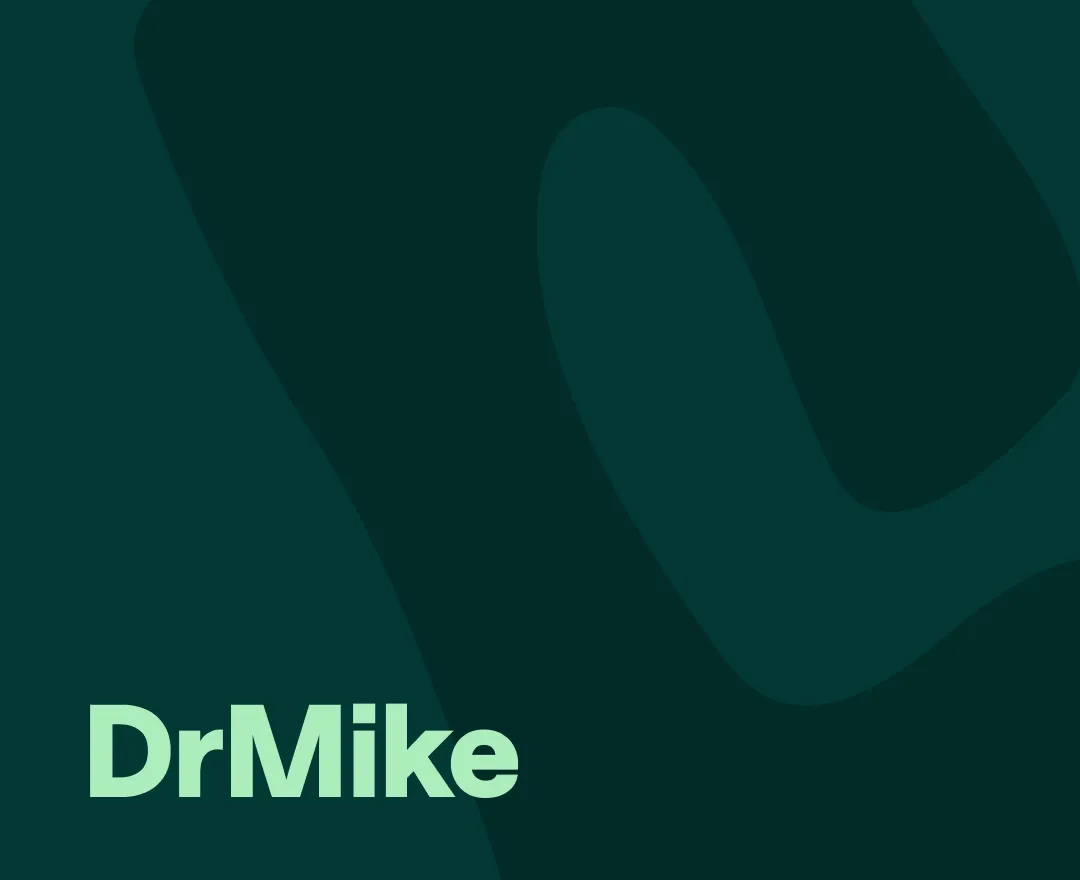Sometimes, people find online fame because they have an iPhone and a dream. Other times, they find fame because they have an adorable husky, a medical degree, and a smile that makes people go weak at the knees.
We’ll let you guess which camp Dr. Mike Varshavski falls into.
Varshavski, known online as Doctor Mike, is just one of many doctors-turned-influencers dominating social media. Yet, he’s carved out a space for himself as one of the most trusted medical experts online. Here’s how he did it.
Who is Doctor Mike?
Here’s a bit of internet history for you. Back in 2015, Buzzfeed launched the online career of Mike Varshavski with the innocuously titled article, Um, You Really Need To See This Hot Doctor And His Dog.
And the article shows you exactly that. It’s essentially a collection of selfies and dog snaps pulled from Varshavski’s Instagram profile, which he’d launched in 2012 as a way to document his life as a medical student. The article quickly catapulted Varshavski’s account to viral status, and he was even named People’s Sexiest Doctor Alive later that year.
Fast-forward nine years, and Doctor Mike is one of the internet’s most trusted sources for medical information. With great critical thinking skills, experience as a family medicine physician, and a charming personality, Doctor Mike has built a massive following across YouTube (12.5M subscribers), Instagram (4.4M followers), and TikTok (2.3M followers), where he shares content that is both educational and entertaining.
How Doctor Mike combats misinformation
For Varshavski, combating misinformation is a no-brainer. In a video addressing misleading statements other doctors made about Coronavirus, he argues that it’s essential for doctors to exist on social media because ‘The lack of quality physicians on social media has led to the rise of social influencers pedaling miraculous cures and detox teas and all that.’ This is, he says, because doctors ‘don’t want to be perceived as unprofessional, and as a result, misinformation thrives.’
So, how does Doctor Mike use his platform to combat misinformation? Simply put, he works hard to bridge the gap between healthcare professionals and the public.
Firstly, Varshavski uses his platform to make credible medical information accessible. In simplifying complex medical concepts into easily digestible videos, he has positioned himself as a reliable voice in a landscape where misinformation can spread rapidly; while he takes an evidence-based approach when commenting on medical discourse, Varshavski always explains the science behind his thinking in a way the general public can understand.
Secondly, he takes the time to debunk myths that take over the internet. Whenever a new ‘health hack’ does the rounds on TikTok, fans are quick to call on Varshavski to debunk or verify the claim. By leveraging humor and pop culture (yes, he’s even created a couple of ‘Doctor reacts’ videos showing him reacting to popular medical dramas like Grey’s Anatomy), he makes learning about health fun, encouraging people to seek accurate information from trusted sources.
His TikTok is also full of clips from his podcast, The Checkup with Doctor Mike, where he talks to friends, medical colleagues, and others about any health-related topic. These soundbites are cherry-picked for the TikTok audience and often debunk false claims about alternative medicine or tap into online conversations about topics like fitness and stress.
What creators can learn from Doctor Mike?
While Doctor Mike understands the weight of his words online, not everyone exercises the same caution. From doctors promoting unproven COVID treatments to wellness specialists pushing DIY detoxes, there are countless horror stories of professionals spreading misinformation online.
Here’s what you can learn from the internet’s most trusted doctor about building a platform sharing professional expertise the right way:
1) Show humility
Doctor Mike never presents his opinion as the only one. He often reminds his audience that expert views, including his own, are not to be taken as evidence.
2) Cite your sources
Doctor Mike’s advice is always evidence-based. Follow his lead and always back your claims with credible sources, like studies, which allow audiences to do their own research.
3) Always explain risks
If there are any potential risks or side effects associated with the advice you give, be upfront about this. This will help audiences decide whether to take your advice and show that you prioritize your audience’s well-being.








